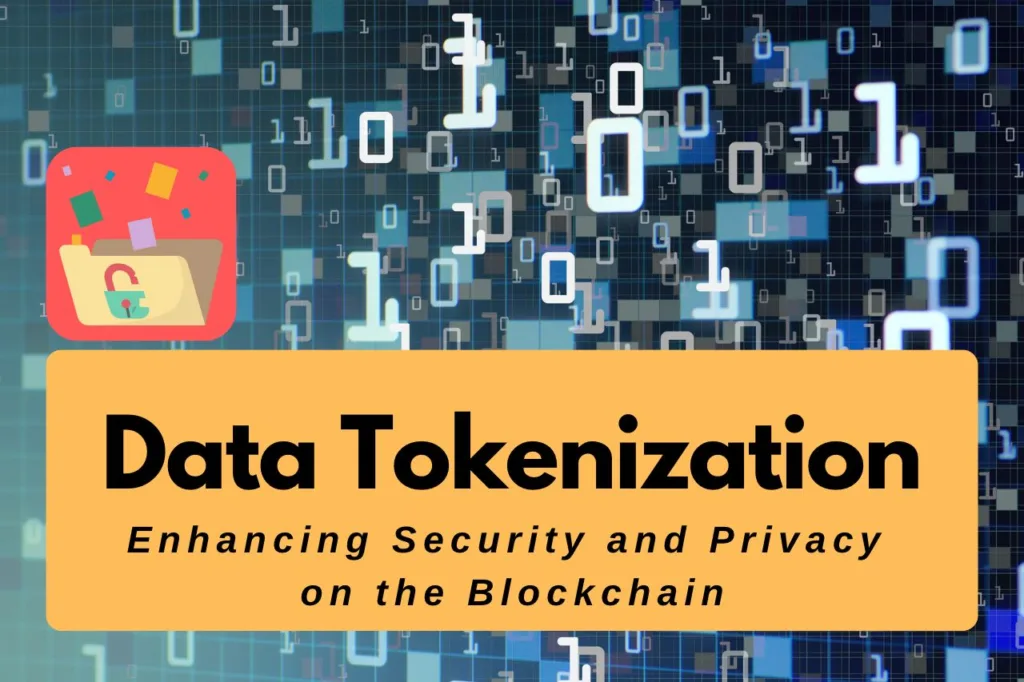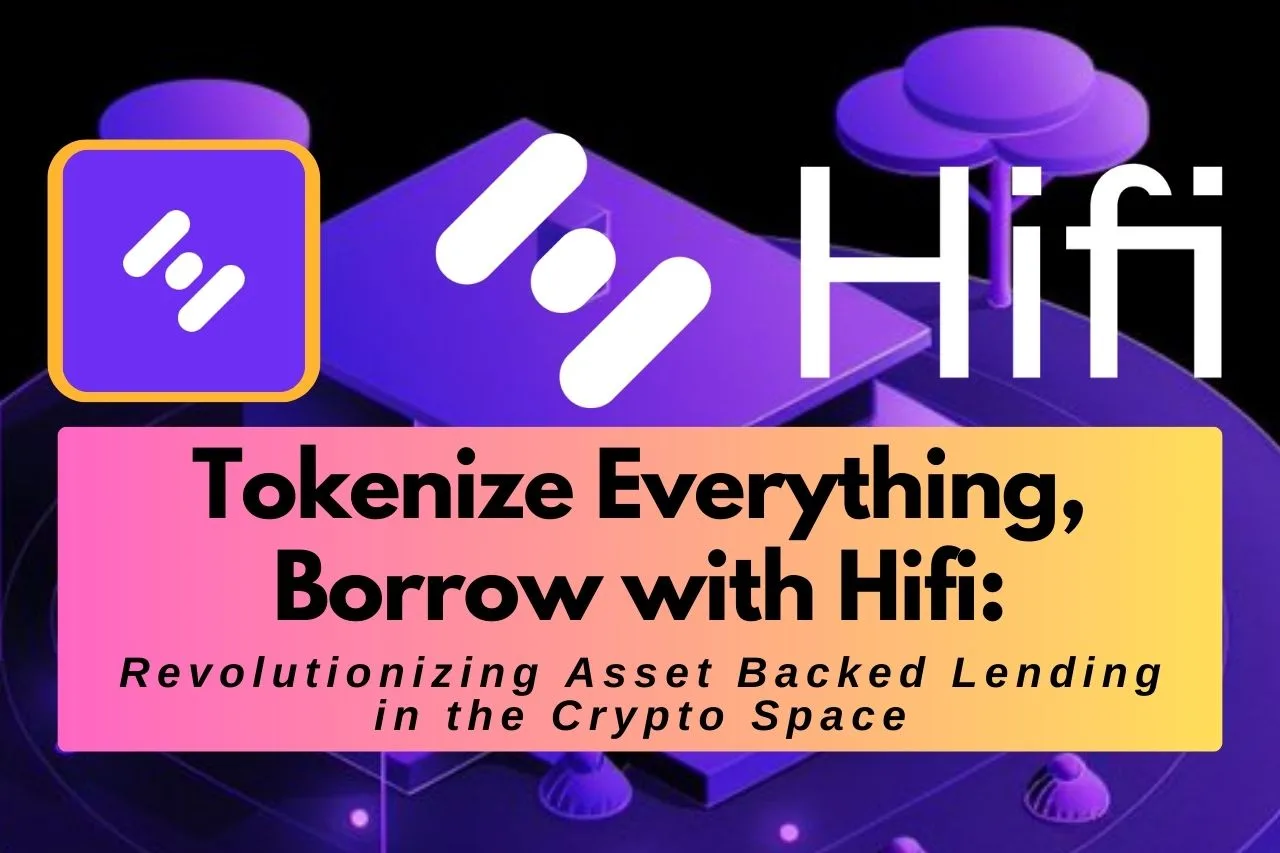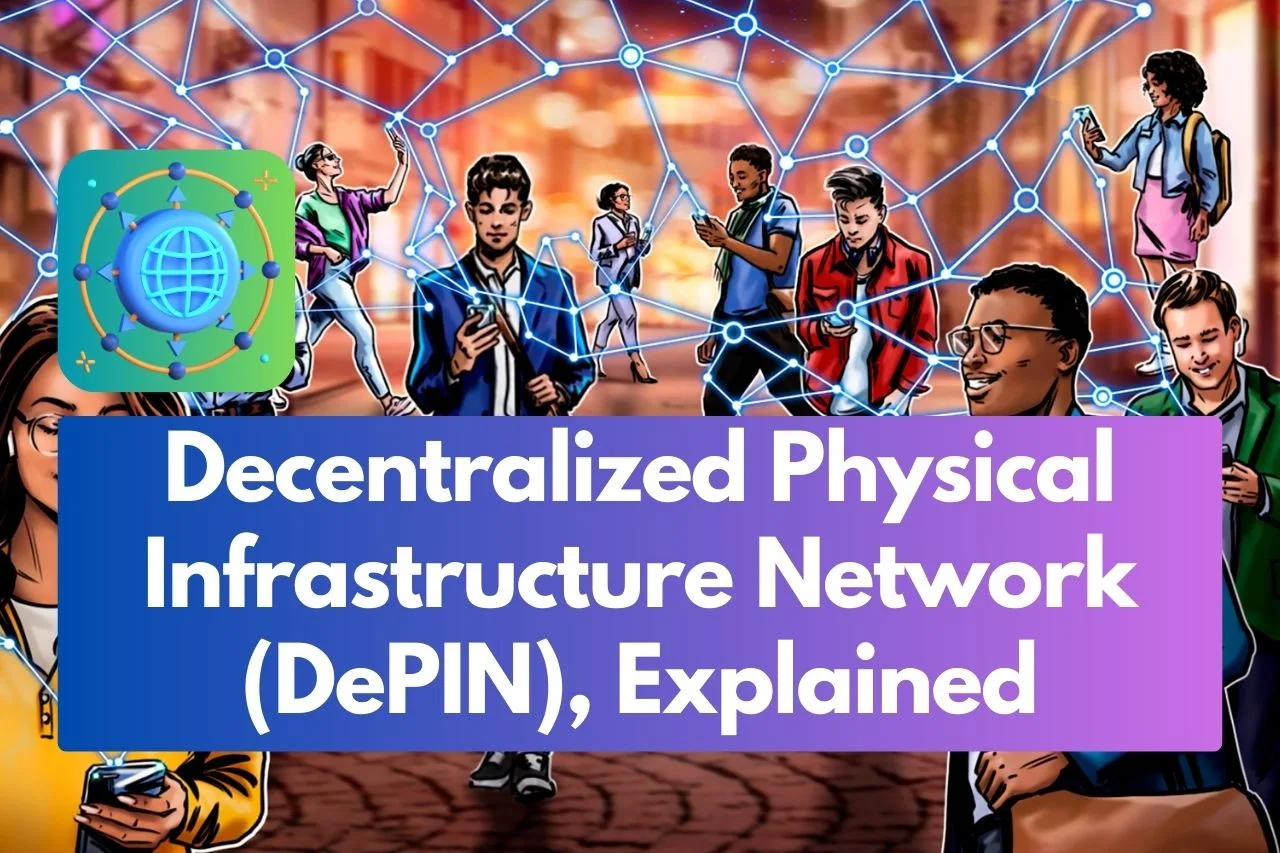
Introduction
In today’s digital age, data privacy, and security have become paramount concerns. With the rise of blockchain technology, new solutions are emerging to address these challenges. One such solution is data tokenization. In this article, I will explore what data tokenization is, why it is essential, and how it can enhance data security, privacy, and compliance.
✨ Data tokenization: Converting sensitive data into security tokens. 🔒 Importance of data tokenization: Enhancing security, privacy, and compliance.
Understanding Data Tokenization
Data tokenization refers to the process of converting sensitive data, such as credit card information, personal identification numbers (PINs), or health records, into tokens. These tokens are then securely stored and transferred on the blockchain, without revealing the original data. The tokens act as placeholders for sensitive information and can be used for various purposes within the blockchain ecosystem.
Data tokenization involves a cryptographic process that transforms the original data into a unique token. This token retains the necessary information for the data to be used within a specific context but does not expose the actual sensitive data itself. By using data tokenization, organizations can mitigate the risks associated with storing and transferring sensitive information.
The Importance of Data Tokenization
1. Enhanced Data Security 🔒
One of the primary reasons data tokenization is important is its ability to enhance data security. Converting sensitive data into tokens significantly reduces the risk of exposing valuable information. Even if an unauthorized individual gains access to the tokens, they would not possess the original data or have the means to decrypt it.
Furthermore, data tokenization can help prevent data breaches and fraud. In traditional systems, sensitive data is stored in centralized databases, making them attractive targets for hackers. However, with data tokenization, the storage of sensitive information is decentralized across the blockchain network, making it harder for malicious actors to compromise the data.
2. Improved Data Privacy 🕵️♀️
Data tokenization also plays a crucial role in safeguarding data privacy. Since tokens do not reveal the actual data they represent, individuals’ privacy is protected. For instance, in the context of credit card transactions, tokens can be used instead of real credit card numbers, ensuring that personal financial information remains confidential.
Moreover, data tokenization can facilitate compliance with data protection regulations, such as the General Data Protection Regulation (GDPR). By utilizing tokens instead of raw data, organizations can minimize the risks of non-compliance while still being able to perform necessary operations within the blockchain ecosystem.
3. Preventing Unauthorized Access and Misuse 🚫🔨
By leveraging data tokenization, organizations can effectively restrict access to sensitive data. Only authorized parties with the necessary cryptographic keys can decrypt and access the original data. This helps prevent unauthorized access and reduces the chances of data misuse or unauthorized transactions.
Additionally, data tokenization can enable fine-grained access control. Different levels of access can be granted based on the specific requirements and privileges of users within the blockchain network. This allows organizations to implement robust security measures and maintain control over who can access sensitive data.
Considerations for Data Tokenization
While data tokenization offers significant benefits, it is essential to consider certain factors during its implementation:
- Tokenization algorithms: Choosing appropriate cryptographic algorithms for tokenization is crucial to ensure the security and integrity of the tokens.
- Key management: Proper key management practices are necessary to protect the cryptographic keys used for tokenization. This includes secure storage, key rotation, and access control.
- Integration challenges: Implementing data tokenization within existing systems may require careful planning and integration to ensure smooth operations and interoperability.
- Regulatory compliance: Organizations must understand and adhere to relevant data protection regulations to ensure compliance when implementing data tokenization solutions.
FAQ: Common Questions about Data Tokenization ❓🤔
Q: Is data tokenization only applicable to blockchain technology?
A: While data tokenization is commonly used in blockchain applications, it can also be implemented in traditional systems to enhance data security and privacy.
Q: Can tokens be reversed back to the original data?
A: Tokens cannot be reversed back to the original data without the proper cryptographic keys. The tokens are designed to be irreversible, ensuring the security of sensitive information.
Q: What are the drawbacks of data tokenization?
A: Data tokenization does have some limitations. If the cryptographic keys used for tokenization are lost or compromised, the data associated with the tokens may become inaccessible. Additionally, tokenization can introduce some complexity to data retrieval and processing, requiring careful implementation and management.
Q: Are there any industry standards or best practices for data tokenization?
A: While there is no universal standard for data tokenization, various cryptographic algorithms and industry best practices are available to guide organizations in implementing secure tokenization solutions. It is advisable to consult security experts and follow established guidelines.
Q: Can data tokenization be applied to all types of data?
A: Data tokenization can be applied to various types of sensitive data, including credit card information, personal identification numbers (PINs), health records, and more. However, the suitability of tokenization for specific data sets may depend on factors such as regulatory requirements and the nature of the data itself.
Conclusion
Data tokenization provides a powerful mechanism for enhancing data security, privacy, and compliance in the blockchain ecosystem. By converting sensitive information into tokens, organizations can significantly reduce the risk of data breaches and unauthorized access. Moreover, data tokenization ensures the confidentiality of data while allowing for necessary operations within the blockchain network.
While data tokenization offers numerous benefits, careful consideration and implementation are required. Organizations must select appropriate cryptographic algorithms, manage cryptographic keys effectively, and address integration challenges. By doing so, they can leverage the full potential of data tokenization to protect sensitive information and build trust in the digital landscape.



